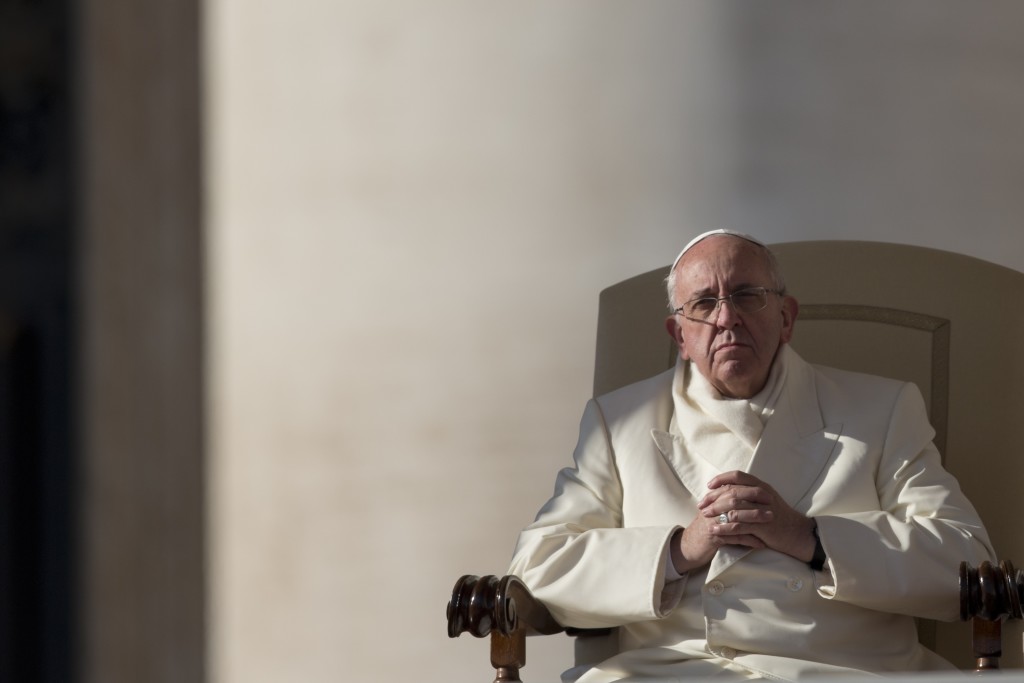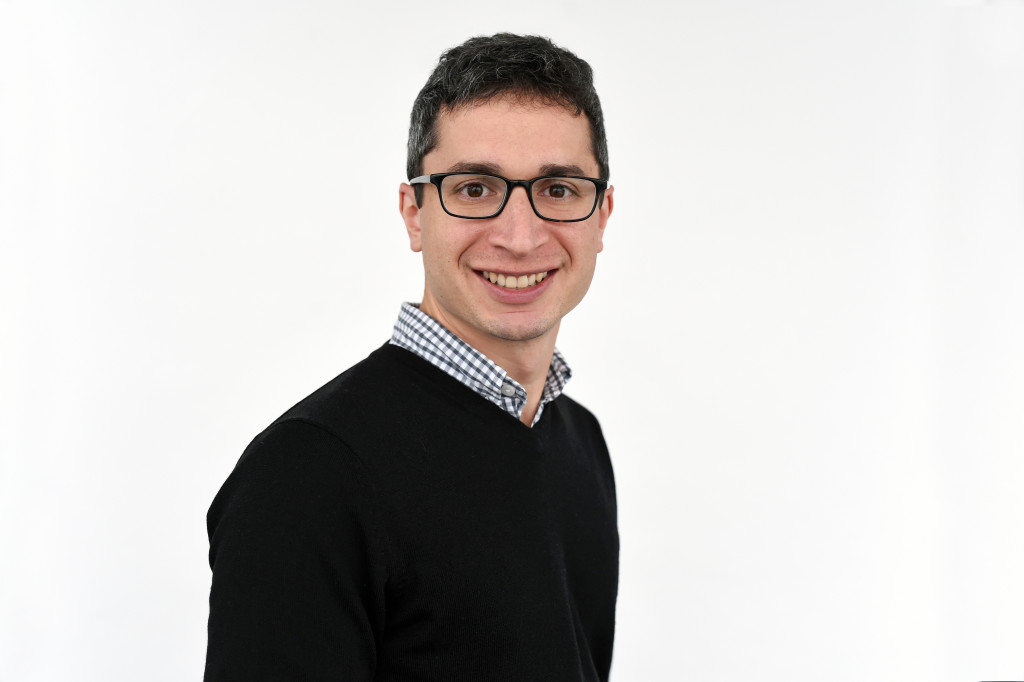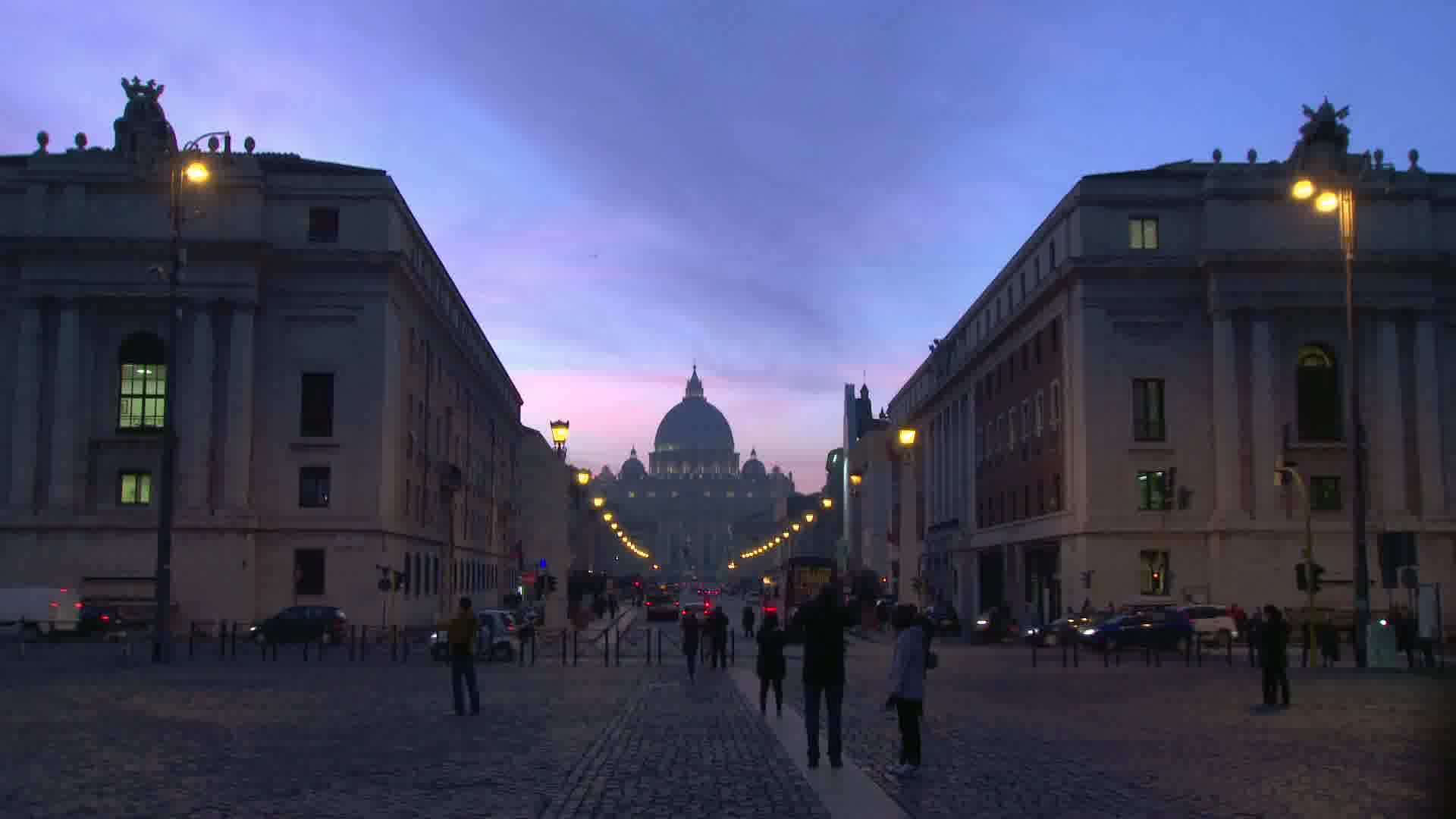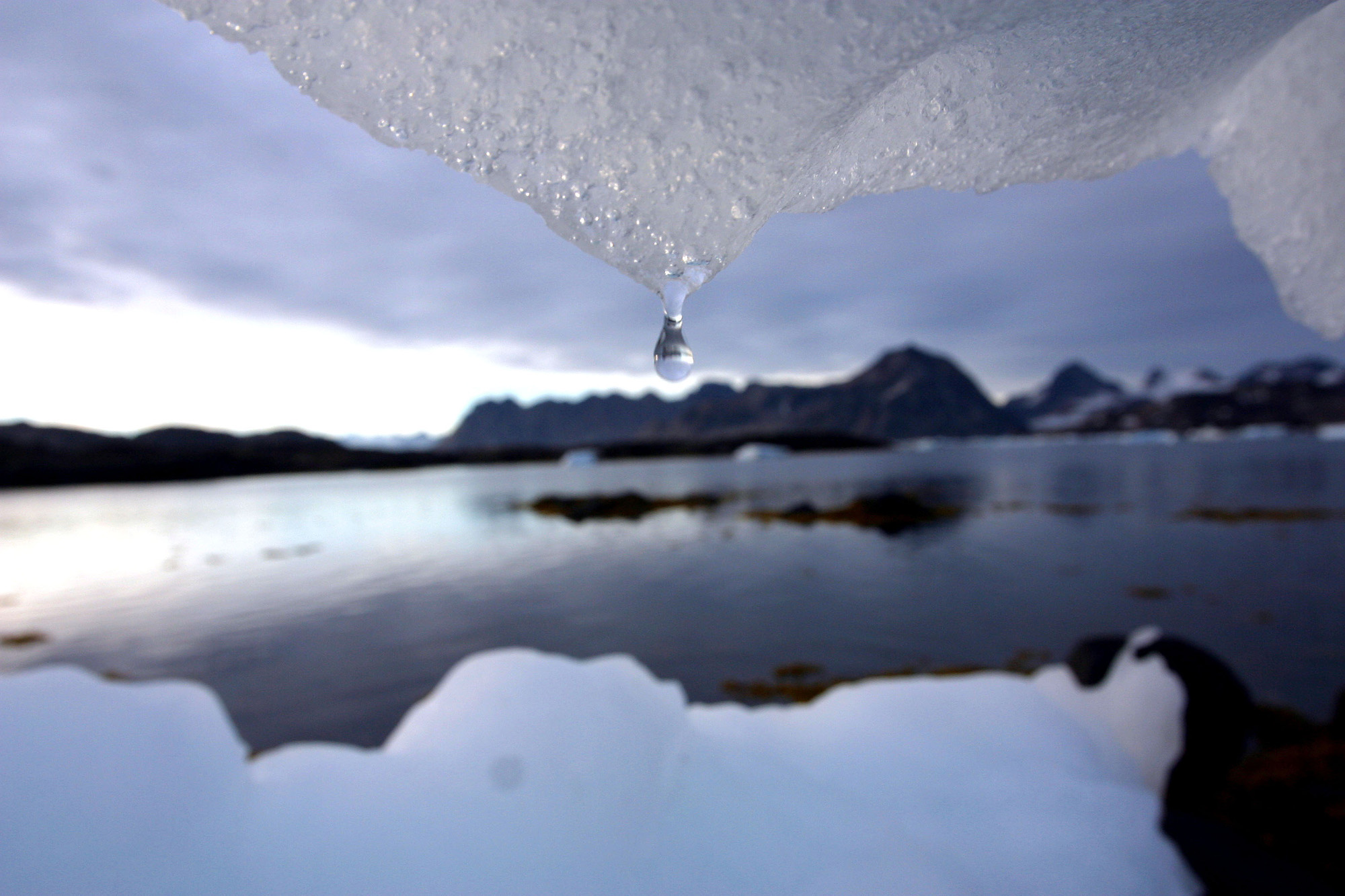Can Pope Francis Bridge the Political Divide over Climate Change?

June 18, 2015
Share
Seeking to supersede entrenched political divides over climate change, Pope Francis sought to frame the issue as a matter of faith and morality in a landmark Vatican encyclical blaming human activity for rising temperatures across the planet.
In a passionate call to action, the 183-page document, released Thursday, ties environmental degradation to the pursuit of profits, political shortsightedness and a “culture of consumerism,” among other factors. Embracing “scientific consensus” around the issue, Pope Francis said that without urgent action, climate change will carry the gravest implications for “the poorest areas of the world.”
“Climate change is a global problem with grave implications: environmental, social, economic, political and for the distribution of goods,” wrote the pontiff. “It represents one of the principal challenges facing humanity today.”
The encyclical also chided “obstructionist attitudes, even on the part of believers,” for what the pope called “indifference, nonchalant resignation or blind confidence in technical solutions.”
“The failure of global summits on the environment make it plain that our politics are subject to technology and finance,” wrote Francis. “There are too many special interests, and economic interests easily end up trumping the common good and manipulating information so that their own plans will not be affected.”
What’s far from clear, however, is to what extent the pope’s stance can change attitudes among Catholics, particularly in the United States. According to a new Pew Research Center survey released this week, Catholics — like the U.S. population more broadly — are deeply split over the issue of climate change and the role of human activity. The survey found that in all, 71 percent of Catholics believe that the Earth is warming, but less than half say rising temperatures are the result of human activity.
Still, those figures are higher than those of the broader U.S. public, 68 percent of which says it believes the Earth is warming, according to Pew, and 45 percent saying it’s caused by human activity.
That underscores one key takeaway from the poll. As Pew explained:
Generally speaking, Catholics express higher levels of belief in global warming and concern about its effects than do Protestants, but lower levels than people who are religiously unaffiliated (atheists, agnostics and those whose religion is “nothing in particular”). However, analysis of the survey findings shows that political party identification and race/ethnicity are much better predictors of environmental attitudes than are religious identity or observance.
And when it comes to political party identification, healing the divide over climate change might simply require an act of God. Overall, 68 percent of the public says there is solid evidence that the average temperature on Earth has been warming. When broken down by party, though, the Pew data shows 92 percent of liberal Democrats say there is solid evidence that earth is warming with three in four attributing the rise to human activity. By contrast, 56 percent of conservative Republicans say there is no solid evidence of a rise in temperatures. Another 32 percent told pollsters that global warming is “just not happening.”
Therein lies the challenge for Francis. Past pontiffs have sought to shift the debate around climate change, but to little effect.
“John Paul repeatedly called for what he called the ‘ecological conversion,’ wanting humanity to repent for its sins against nature and so on. Benedict XVI talked so much about environmental stuff that we all called him the green pope, and its not as if the planet is noticeably cooler or cleaner as a result of all of that,” said John Allen, the author of nine books on the Vatican and Catholic affairs and associate editor of Crux, a website devoted to all things Catholic.
Yet there are clear examples of popes having a distinct real-world impact, said Allen, such as John Paul II’s work to end communism in Europe, or even Francis’ own efforts to facilitate dialogue between the United States and Cuba.
Given the pope’s popularity among Catholics — 86 percent of whom view him favorably, according to Pew — “that does sort of change the game in a variety of ways,” said Allen.
“One is of course we’re going into election season in America, and there are a number of people running for president who are self-professed Catholics. Because of this encyclical, they are now going to be pressed repeatedly to explain their positions on the environment and so on. So it changes the political dynamics.”
Beyond politics, the pope’s message may also carry more practical consequences in terms of the church’s own environmental footprint. In the U.S. alone, for example, the Catholic church runs roughly 19,000 parishes, 600 hospitals, 7,000 K-12 schools and about 300 colleges and universities.
“The pope has said we got to limit consumption of fossil fuels, we have to promote renewable energy, we have to go green across the board,” said Allen. “If the Catholic church and the way it manages its own resources truly does go green in a big way because of this encyclical, that in itself is a kind of big deal in terms of the footprint.”
Related Film: Climate of Doubt
FRONTLINE explores the massive shift in public opinion on climate change.
Related Film: Secrets of the Vatican
FRONTLINE investigates the scandals that rocked Benedict’s papacy and the challenges facing Pope Francis.

Latest Documentaries
Related Stories
Related Stories
Explore
Policies
Teacher Center
Funding for FRONTLINE is provided through the support of PBS viewers and by the Corporation for Public Broadcasting, with major support from Ford Foundation. Additional funding is provided the Abrams Foundation, Park Foundation, John D. and Catherine T. MacArthur Foundation, Heising-Simons Foundation, and the FRONTLINE Trust, with major support from Jon and Jo Ann Hagler on behalf of the Jon L. Hagler Foundation, and additional support from Koo and Patricia Yuen. FRONTLINE is a registered trademark of WGBH Educational Foundation. Web Site Copyright ©1995-2025 WGBH Educational Foundation. PBS is a 501(c)(3) not-for-profit organization.





















